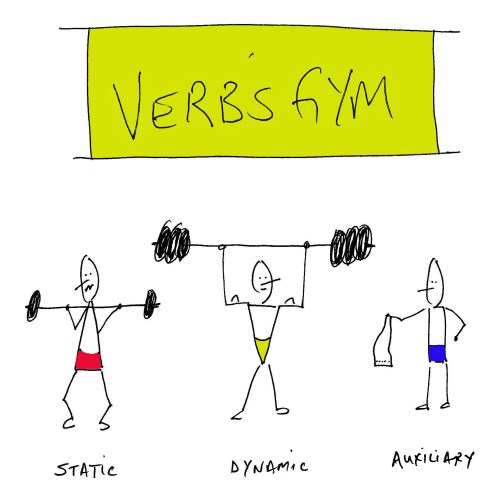| Back to Back Issues Page | ||||||||||||
 |
||||||||||||
|
[Word Wise] Easy Writing Tip: Use Strong Verbs for Stronger Writing June 04, 2015 |
||||||||||||
Write Better. Right Away.Volume 11, Number 4 ... ISSN: 1933-9690Welcome, Fellow Writer! Every couple of weeks, we’ll send you this newsletter packed with practical and useful writing tips to help you learn how to write better and how to write faster, no matter how much or how little writing experience you have. Nonprofit Copywriter is on Pinterest. Join us!
FEATURE: Easy Writing Tip: Use Strong Verbs for Stronger Writing
Part 4 of Five Simple Steps for Better Writing Every sentence contains a verb (or two or three or more.) Verbs are the heart of a sentence. If you use strong verbs, you have a better chance of producing strong writing. There are at least three ways to recognize strong verbs over weak verbs.
Review the verbs in your piece. Look for Part 5 in the next issue of Word Wise! Read more writing basics here. And check out more writing tips on our Writing Tips Pinterest board.
More Easy Tips for Stronger Writing
A Wise Word
Check out more inspiring Quotes about Copywriting and Writing on our Pinterest board.
Words matter ... use them wisely!
Kathy with Nonprofit Copywriter Email me with your comments and questions! www.nonprofitcopywriter.com P.S. Invite friends and colleagues to subscribe to Word Wise. Forward this issue or send them a link to Nonprofit Copywriter where they can sign up.
|
||||||||||||
| Back to Back Issues Page |



